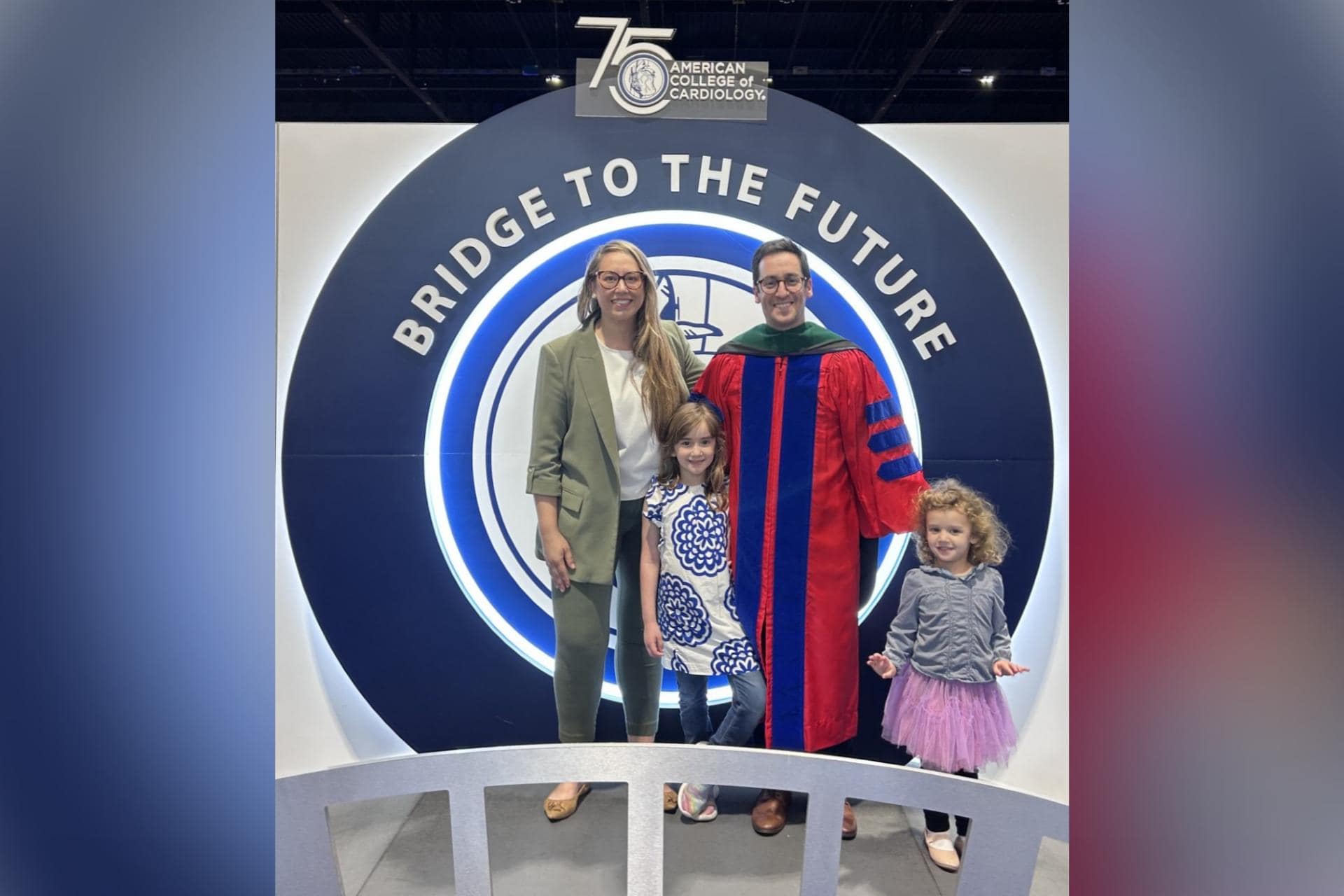The West Virginia University Rockefeller Neuroscience Institute will initiate first-in-the-world clinical research studies using focused ultrasound neuromodulation to treat food addiction, post-traumatic stress disorder, and other conditions, thanks to a $2 million supplemental appropriation approved during a recent special session of the West Virginia Legislature.
The funding will allow the RNI to expand upon its current world-leading research using focused ultrasound technology to treat Alzheimer’s disease, substance use disorder and other conditions.
Dr. Ali Rezai, executive chair of the RNI, and WVU President Gordon Gee welcomed Governor Jim Justice, state lawmakers and WVU academic and Health System leaders to campus to make the official announcement.
“I want to thank Gov. Justice and our friends in the Legislature,” Gee said. “With their continued support, West Virginia University is on the cutting edge of patient care and neurological research.”
In a first in-human study, published earlier this year in the New England Journal of Medicine and featured on the CBS News program 60 Minutes, the RNI research team showed that focused ultrasound in combination with anti-amyloid-beta monoclonal antibody treatment can accelerate the clearance of amyloid-beta plaques in the brains of patients with Alzheimer’s disease. The RNI team’s initial research has also demonstrated that focused ultrasound is safe and can reduce cravings and drug use in people with addiction.
The team hopes to use a similar approach to initiate clinical trials aimed at reducing cravings related to food addiction and reducing triggers and symptoms of PTSD for veterans.
“On behalf of the RNI team, I would like to thank Gov. Justice, Speaker Roger Hanshaw, and the West Virginia Legislature for their visionary leadership and support in making West Virginia a world leader in research innovation for the treatment of addictions, PTSD, and Alzheimer’s disease,” Rezai said.
For more information on the WVU Rockefeller Neuroscience Institute, visit WVUMedicine.org/RNI.















